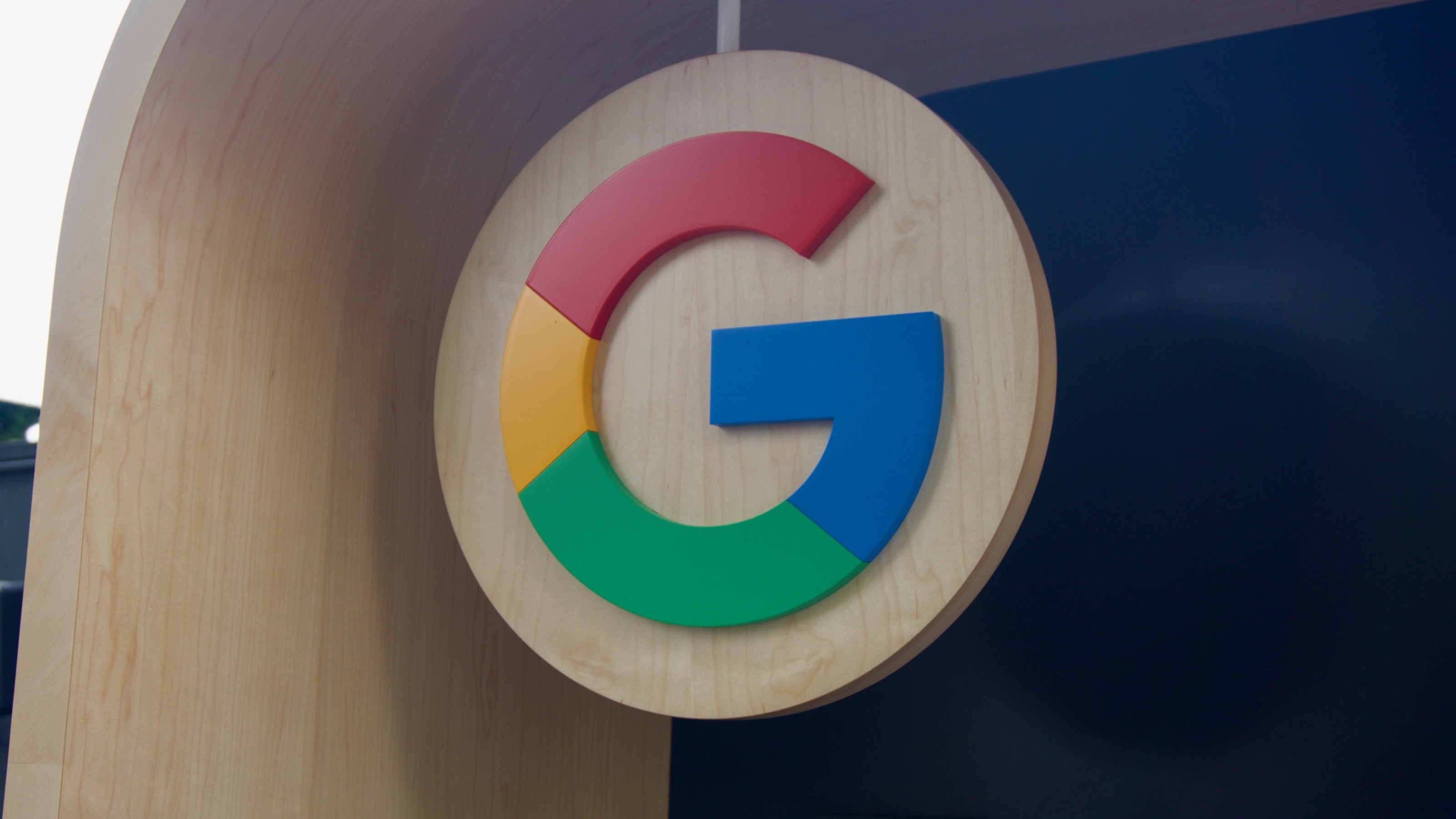Google is reportedly paying some news sites to use its AI for writing articles
Google insists its new AI tool won't steal journalists' jobs, though some people are worried.

What you need to know
- Google's latest experiment provides independent publishers with access to a beta AI platform for generating news articles.
- Publishers are expected to create and publish three articles daily, one weekly newsletter and one monthly marketing campaign using AI.
- Google is reportedly offering significant amounts to small publishers for trying out generative AI tools.
Google has reportedly kicked off an experimental program that gives independent publishers access to a beta AI platform that churns out news articles.
Last year, Google was spotted testing "Genesis," an AI tool aimed at assisting journalists in writing news articles. A new report from Adweek suggests that Google is throwing around five-figure amounts to get small publishers to try out generative AI tools for publishing stories.
The trial for Google's yet-to-be-released AI platform is on a small scale but supposedly demands regular usage. As part of the deal, publishers are expected to publish three articles daily, one newsletter per week, and one monthly marketing campaign, all crafted using AI.
Google's platform operates by pulling content from a curated list of websites and putting it all together on a dashboard. A human editor can then use the AI tool to transform any new post on the dashboard into a news article. Afterward, the human editor fine-tunes the articles before publishing them.
News outlets are supposed to publish these AI-generated articles over a 12-month period, and in return, they provide analytics and feedback to Google. As per Adweek, the program is presently focusing on a "handful" of smaller outlets.
It's worth mentioning that using this tool doesn't apparently mandate publishers to tag these articles as AI-generated. Additionally, the websites whose content is aggregated are not notified that their material is being used to generate AI-written stories on other platforms.
The trial is reportedly a component of the Google News Initiative (GNI), a program that's been around for a while, supporting media literacy projects and providing resources for newsrooms. However, venturing into generative AI publishing tools would mark a new and potentially contentious move for Google.
Get the latest news from Android Central, your trusted companion in the world of Android
This move is likely to draw renewed attention to the use of generative AI tools by publishers. Publications, such as CNET, have faced significant backlash for trying to present AI-authored articles as if they were crafted by humans.
In a statement to Adweek, Google reassured us that it's not out to dismantle journalism. The company mentioned being in the initial phases of exploring ideas to potentially offer AI-enabled tools to assist journalists in their work.
A spokesperson from the company added that the AI tools are not meant to substitute for the crucial role that journalists play in "reporting, creating and fact-checking their articles."
There are concerns about the AI tool, as the articles it generates could divert readers from the original sources. Since the AI-assisted stories aren't contributing new information, some argue that the program is essentially taking credit for others' work.
But Google clarified that in an email to Android Central that "publishers remain in full editorial control of what is ultimately published on their site." A Google representative stated that the program's goal is to offer journalists and publishers the ability to use these "technologies in a way that enhances their work."

Jay Bonggolto always keeps a nose for news. He has been writing about consumer tech and apps for as long as he can remember, and he has used a variety of Android phones since falling in love with Jelly Bean. Send him a direct message via X or LinkedIn.
You must confirm your public display name before commenting
Please logout and then login again, you will then be prompted to enter your display name.
